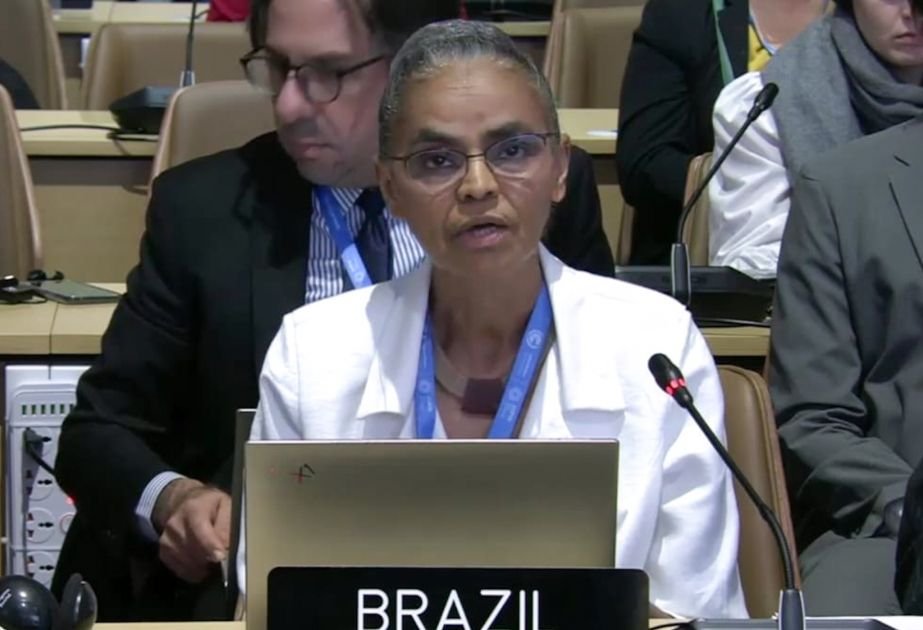The 2025 United Nations Climate Change Conference, widely known as COP 30, is set to take place in Belém, Brazil — a city situated at the gateway to the Amazon rainforest. The event, scheduled for November 2025, marks a critical moment for global climate diplomacy, as leaders from nearly 200 countries will gather to assess progress on emissions targets and negotiate new climate commitments under the Paris Agreement.
Hosting COP 30 in the Amazon region is seen by many as a symbolic and strategic choice, highlighting the global importance of the rainforest in combating climate change. The Brazilian government, under President Luiz Inácio Lula da Silva, has pledged to restore the country’s environmental leadership and showcase its efforts to curb deforestation and promote sustainability.
However, the lead-up to the conference has been met with controversy. Environmental groups have raised alarm over the approval of a new highway project aimed at improving access to Belém in time for the summit. Critics argue that the construction could severely disrupt sensitive ecosystems, including parts of protected areas home to endangered species and indigenous communities.
According to activists, the highway could lead to increased deforestation, illegal land grabbing, and wildlife displacement — all issues that contradict the spirit of the climate talks. They emphasize the need for climate action that aligns with local conservation efforts rather than undermines them.
Brazilian officials defend the project, claiming it is necessary to accommodate the logistical demands of the international conference and improve infrastructure in a historically underserved region. They insist that the highway will include mitigation measures to minimize environmental damage and that development will proceed under strict oversight.
As preparations for COP 30 continue, the situation highlights a broader challenge: balancing economic development, infrastructure needs, and environmental protection. With the eyes of the world on the Amazon, the choices made in the lead-up to the summit could set the tone for its outcomes — and for Brazil’s climate legacy.
The success of COP 30 will depend not only on global negotiations but also on whether the host nation can lead by example in harmonizing climate commitments with local action.


















KHANDY
Ok
hossman
Ok
Suhuyini
Okay